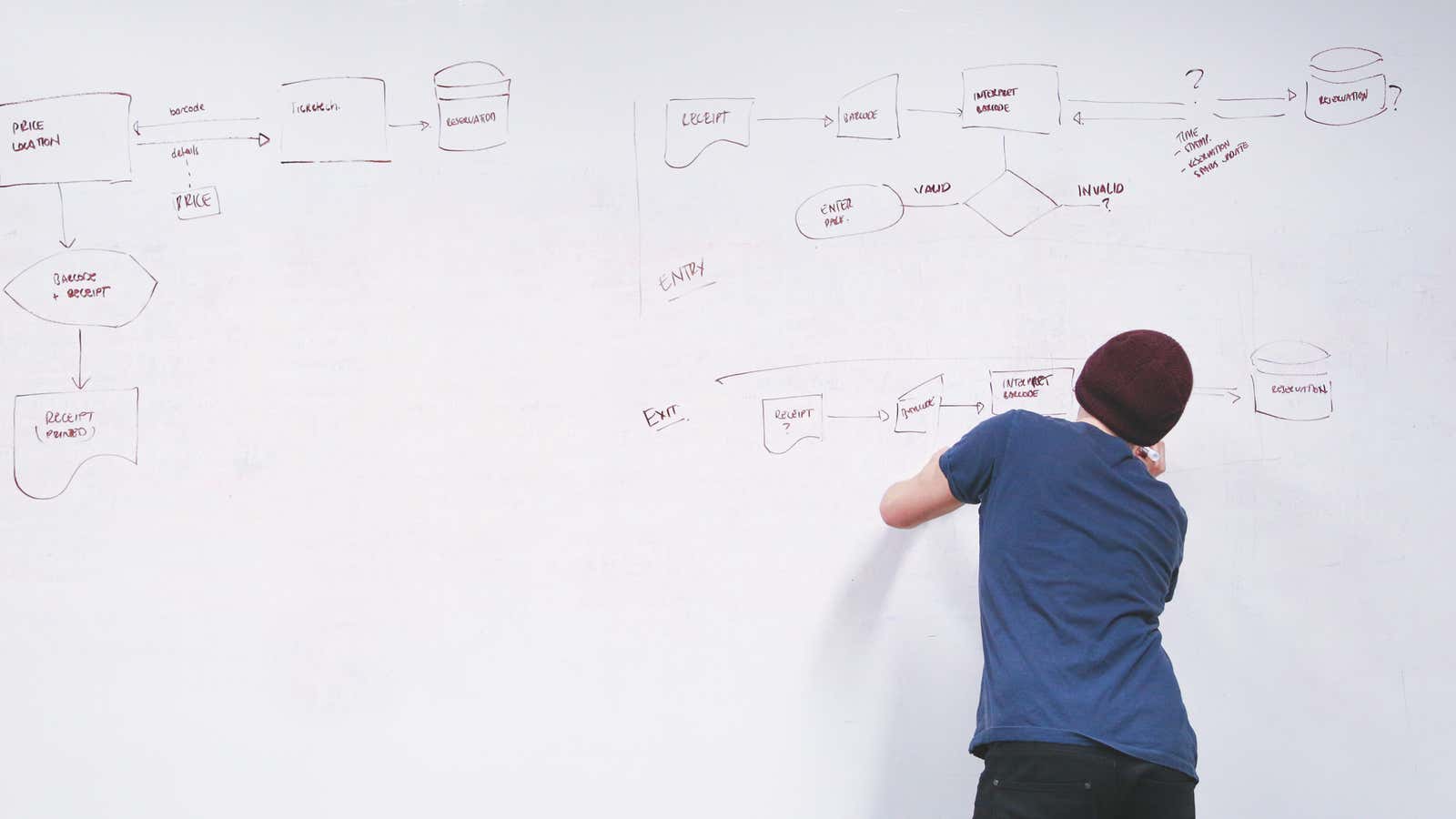According to Gallup, 50% of new business ventures fail within five years, and most successful entrepreneurs have had to get it wrong multiple times before getting it right.
What makes it possible for some entrepreneurs to succeed in spite of these odds? There are many factors, but as far as I’m concerned, one of the key ingredients to success is the amount of creativity that a person is able to bring to the table and sustain as the business evolves. I don’t necessarily mean creativity in the traditional sense of the word. I am referring to an entrepreneur’s tolerance to take the road less traveled and risk failure; to create his or her own path rather than simply marching in the same direction and at the same pace as everyone else.
As an artist who has worked with top entrepreneurs and executives to help them leverage creativity to achieve superior levels of performance, I have learned that entrepreneurship is an art form. The greatest entrepreneurs develop qualities similar to the most brilliant artists. They wake every day facing a blank canvas of possibilities and then they tap into something deep within themselves that allows them to stay ahead of the crowd, avoid mediocrity, and inspire others to be better themselves.
How do they do it? Below are several traits that differentiate the most creative entrepreneurs from the rest. These are traits that anyone can nurture.
Don’t be afraid to shake things up
Some people wait until they are provoked by forces around them to change their thinking, their plans or their strategies. But the best entrepreneurs—from Richard Branson to Jeff Bezos to Steve Jobs—know that they need to continually provoke themselves and the people around them, in order to imagine new possibilities and stay ahead of the competition. It may mean shaking things up around long-standing beliefs and institutions. But that is precisely what makes them successful.
“We’ve long believed that over time companies tend to get comfortable doing the same thing, just making incremental changes,” Larry Page said in his announcement about the creation of Alphabet, Google’s new parent company. “But in the technology industry, where revolutionary ideas drive the next big growth areas, you need to be a bit uncomfortable to stay relevant.”
Follow your intuition
There are things people know to be true and things they sense are true. Thanks to the American education system, most people tend to lean primarily on what they already know in order to solve problems and make decisions. But the most successful entrepreneurs realize that what they sense—those intuitive possibilities beyond what they already know—are just as valuable as their current knowledge. They understand that intuition and intellect are not in opposition to each other. They learn how to blend intellect with intuition and vice versa. That’s how they achieve great breakthroughs. Intellect without intuition is a smart person without impact. Intuition without intellect is a spontaneous person without progress.
Abolish perfectionism: fail fast, fail forward
Perfection is the enemy of progress. One of the biggest stumbling blocks that people encounter in growing their companies is the over-infatuation with perfection—the need to get it exactly right before taking the next step. Operational efficiency is a winning strategy for mature businesses, but it is often a barrier to breakthroughs in startups that need to differentiate themselves from the competition. Creative entrepreneurs realize that perfection is impossible. They get comfortable with being uncomfortable and let the sparks fly knowing they may make mistakes. They learn to fail fast and fail forward, embracing each loss as an opportunity for growth. They do not recoil from their mistakes in disappointment, but instead use setbacks to explode forward into new exciting directions.
Be original
The capacity to generate new and novel ideas is one of the defining characteristics of great entrepreneurs. I submit that original ideas are ever present because so many people are satisfied with mediocrity. The marketplace on mediocrity has already been cornered. Successful entrepreneurs are able to step out of the common view and imagine new possibilities that set the course for others to follow. Everyone has a tremendous capacity for originality—we are each unique after all—but activating this sense of novelty takes practice and commitment. You need to create for tomorrow—activating those ideas, projects and insights that will make a difference.




